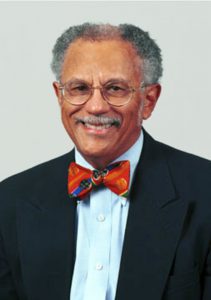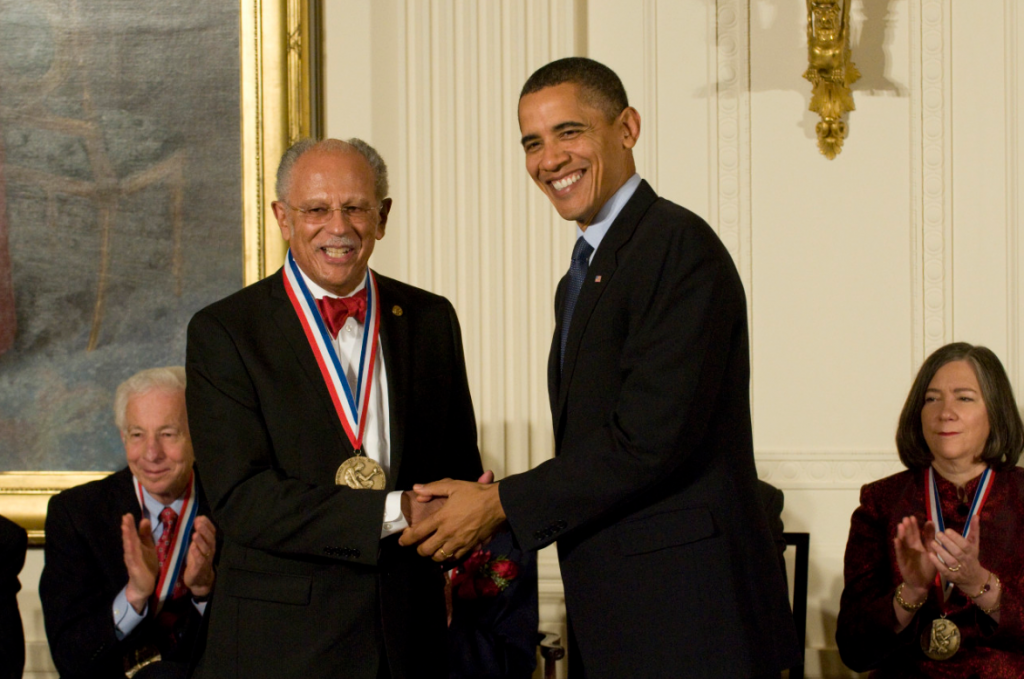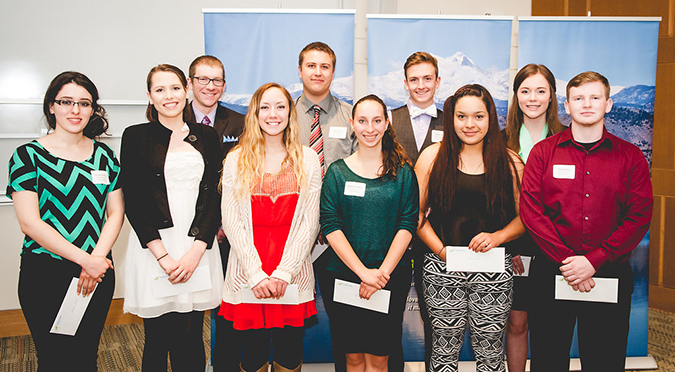Boulder has long been a hub for climate study as the location of NCAR, NOAA, and countless research initiatives and experts at the University of Colorado. Long before “climate change” and “global warming” became ubiquitous terms, many people in our community were pursuing the interdisciplinary study of climate trends, effects and forecasting. Among the fields of science that apply to such research are multiple strands of physics, geography, biology, earth science, meteorology, geology and social sciences.

One such person, with a particularly illustrious career, began his research in a high school chemistry class, determining that egg yolks are yellow due to the sulfur compounds in chicken feed. The much-honored atmospheric physicist Dr. Warren M. Washington completed his doctorate in meteorology and began his career at NCAR in 1963-64, becoming a senior scientist there in 1975. That achievement followed difficult experiences, including being discouraged from academically pursuing the field of physics and not being considered for admission to segregated colleges. Nonetheless, Dr. Washington attended Pennsylvania State University and became the second African American to ever receive a Ph.D. in meteorology.
At NCAR, Dr. Washington worked collaboratively to pioneer the earliest computer climate models. As the technology became more sophisticated, other data variables, such as the effects of oceans and sea ice, could be used in the modeling, which has formed the foundation for today’s research on past and future global climate change.
During his career, Dr. Washington advised six consecutive U.S. presidents, from Jimmy Carter to Barack Obama. He was the first African American to be president of the American Meteorological Society and was chairman of the National Science Board from 2002-2006. He shared the Nobel Peace Prize in 2007 with others on the Intergovernmental Panel on Climate Change. In 2010, President Obama awarded him the National Medal of Science.

Photo courtesy of the NCAR Archives Warren M. Washington Papers.
In February 2019, Dr. Washington received the Tyler Prize for Environmental Achievement for his “courage and commitment to inform and advance public discourse and policy on climate change, as well as inspire civic engagement to take action to protect the planet and people,” according to the prize committee. The Tyler Prize includes a cash award of $200,000, with which Washington plans to establish scholarships for minority students in science at his alma maters of Oregon State and Penn State. These scholarships are a continuation of his longstanding efforts to encourage minority students to pursue the sciences.

Photo courtesy of the NCAR Archives Warren M. Washington Papers.
Throughout his career, Dr. Washington has sought to share his research with lawmakers and the public, contributing to the discourse that informs international climate-related policies. Dr. Washington is known for his positive outlook on the future of global climate change actions, seeing the possibilities for changes in human behavior and advances in technology that would allow a more optimistic outcome than some suppose.
This post was written in partnership with Museum of Boulder. Plan your visit to the Museum of Boulder today.


